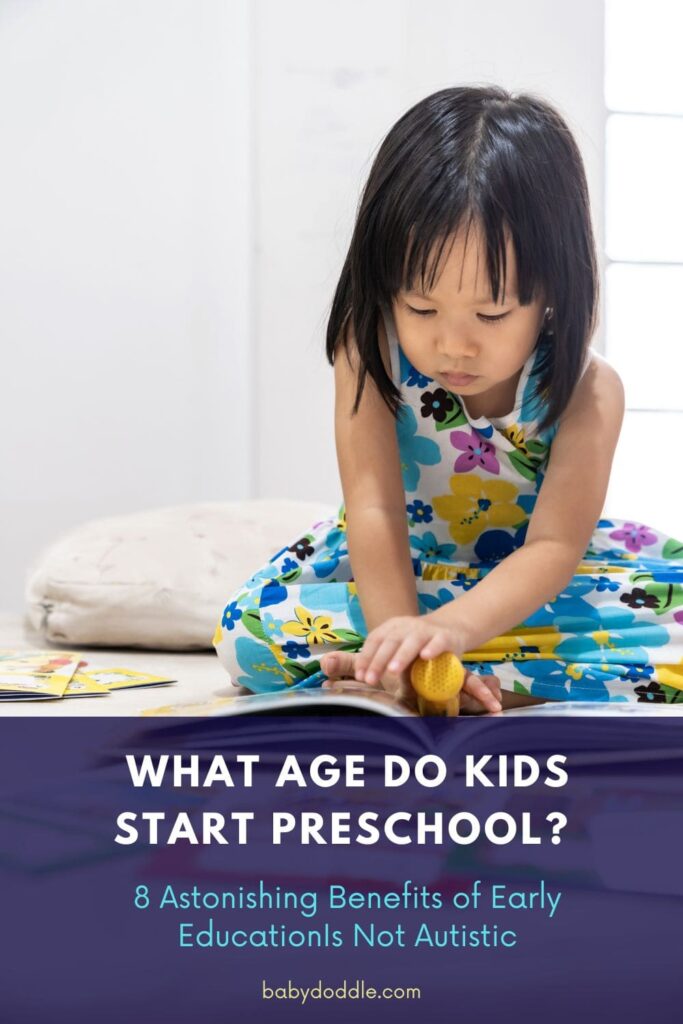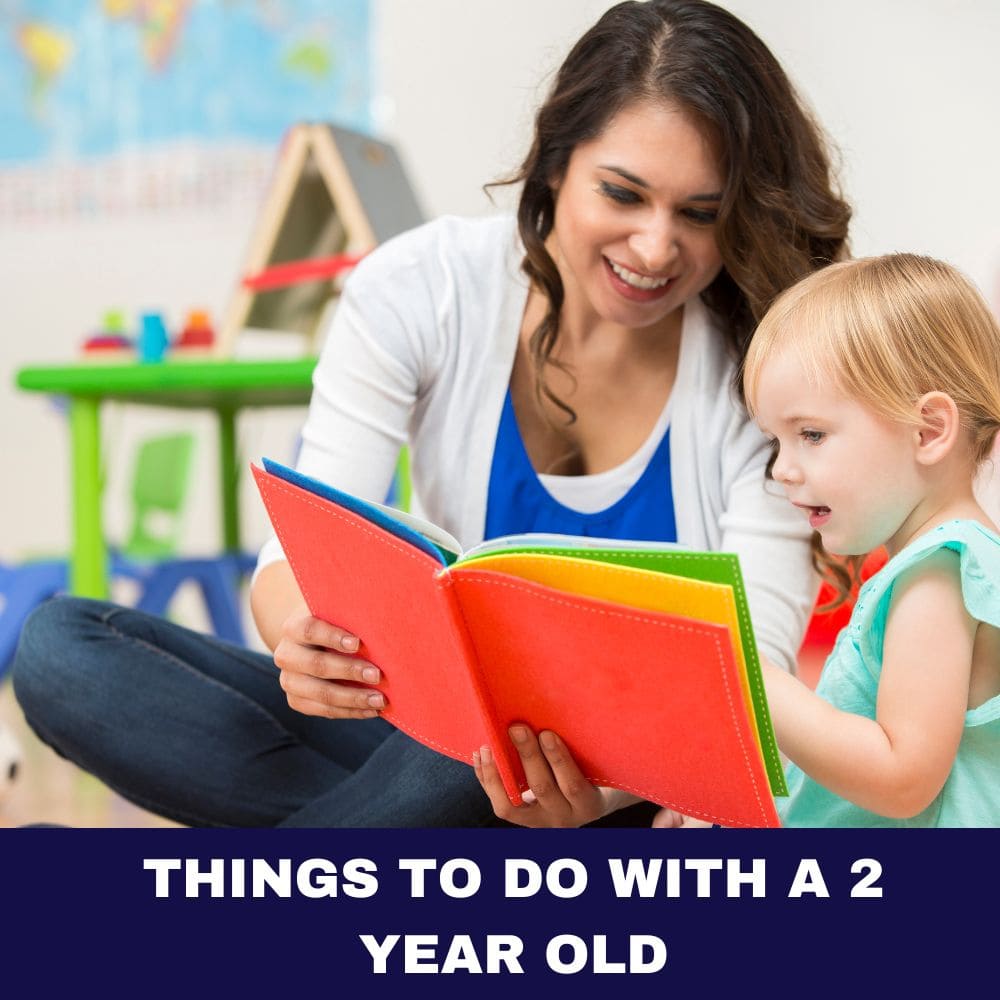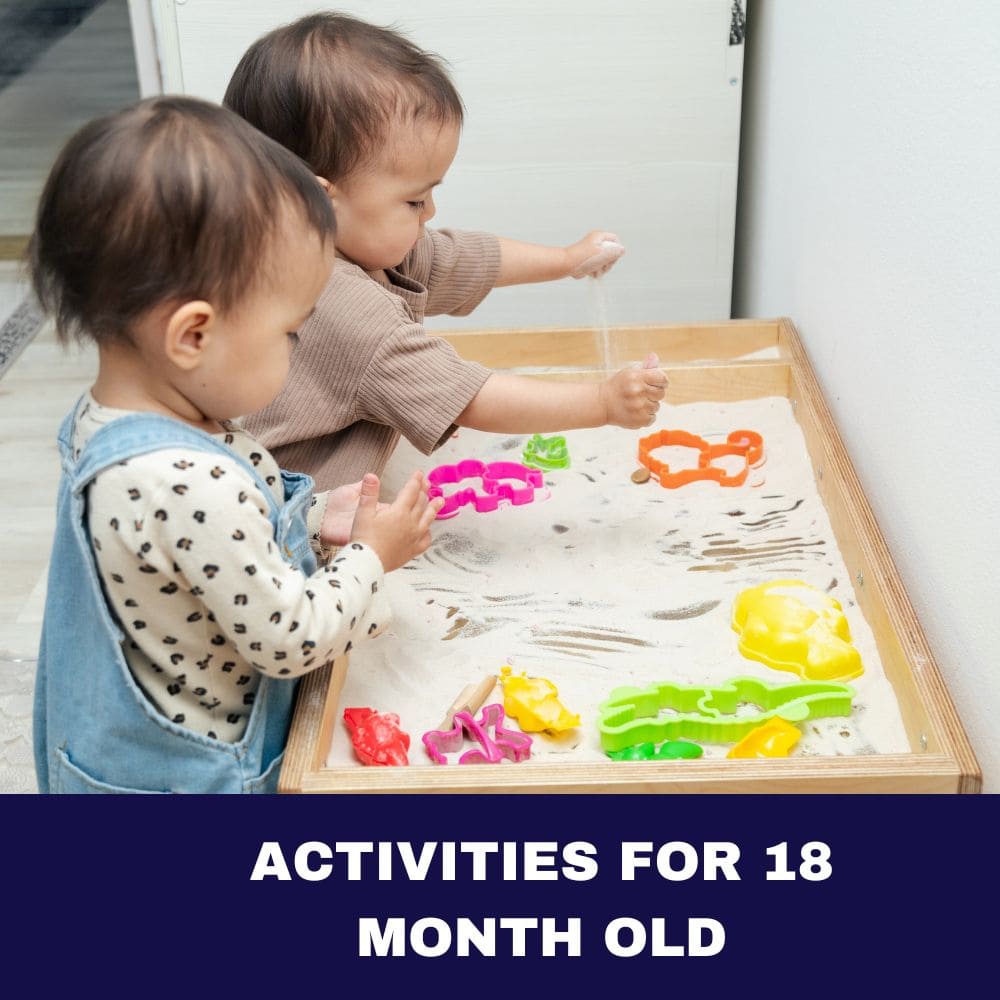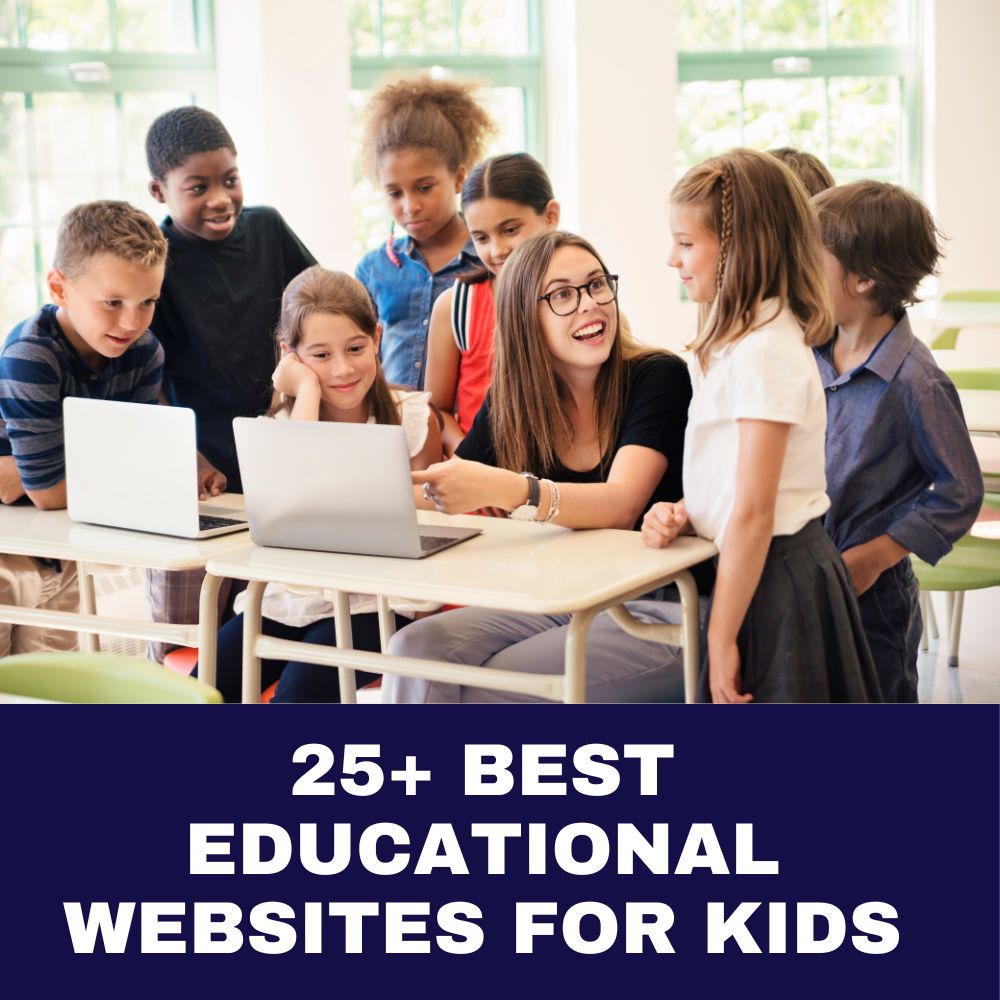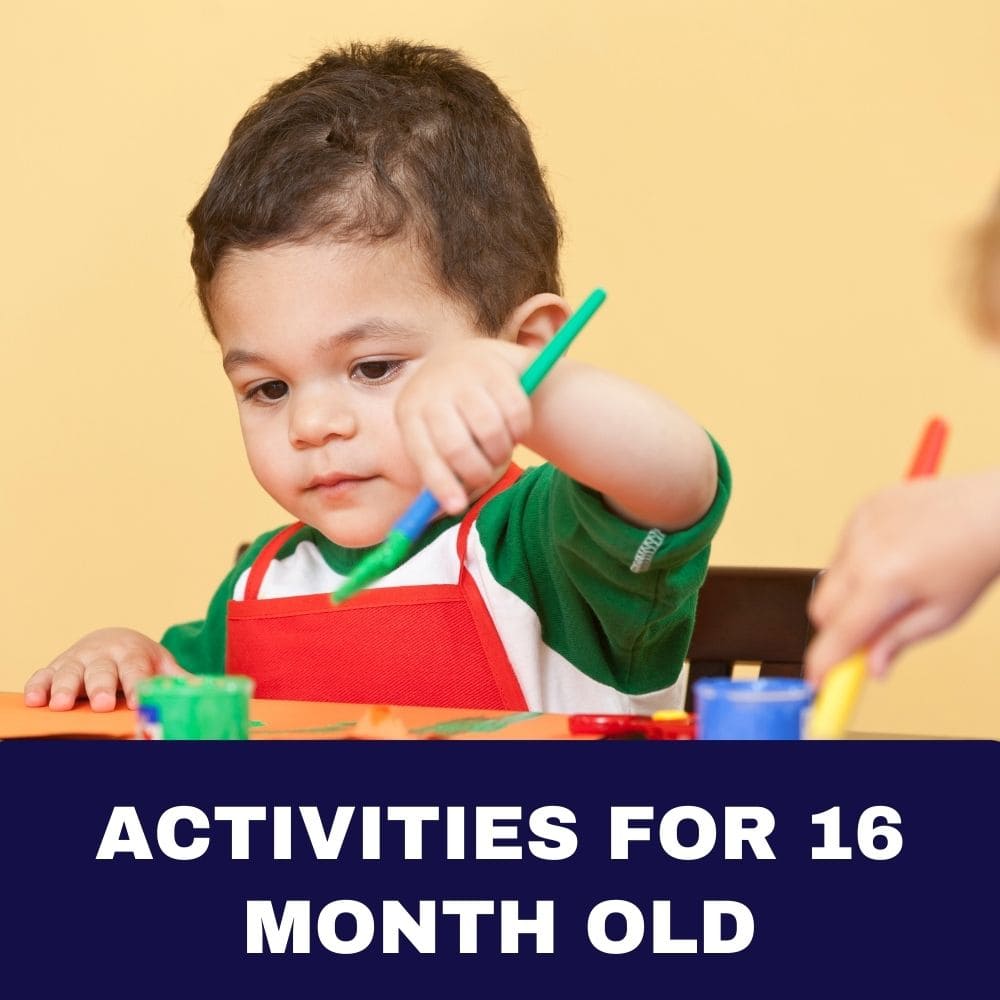Picture this: You’re watching your little one stack blocks with intense concentration, babbling away in their own secret language. Suddenly, it hits you – your baby isn’t such a baby anymore. The thought of preschool flashes through your mind, bringing a mix of excitement and anxiety. When exactly is the right time to start this new adventure? Let’s dive into the world of early education and uncover the magic that happens when tiny tots take their first big steps into learning.
The Typical Age Range for Starting Preschool
Most kids dip their toes into the preschool pool between ages 3 and 5. But here’s the kicker – there’s no one-size-fits-all answer to “What age do kids start preschool?” It’s more like a choose-your-own-adventure story, with each child as the hero of their unique journey.
In the United States, preschool typically starts around age 3 or 4. Some eager beavers might join as early as 2.5 years old, while others might wait until they’re closer to 5. It’s a bit like making popcorn – some kernels pop early, others take their sweet time, but they all get there in the end.
Factors influencing when a child might be ready for preschool include:
- Individual development
- Family circumstances
- Local education policies
- Available preschool programs
Remember, every state dances to its own tune when it comes to preschool requirements. Some states offer free preschool programs for 4-year-olds, while others leave it up to parents to decide when and if their child attends preschool.
Next steps: Research your local preschool options and age requirements. Make a list of programs that align with your child’s age and your family’s needs.
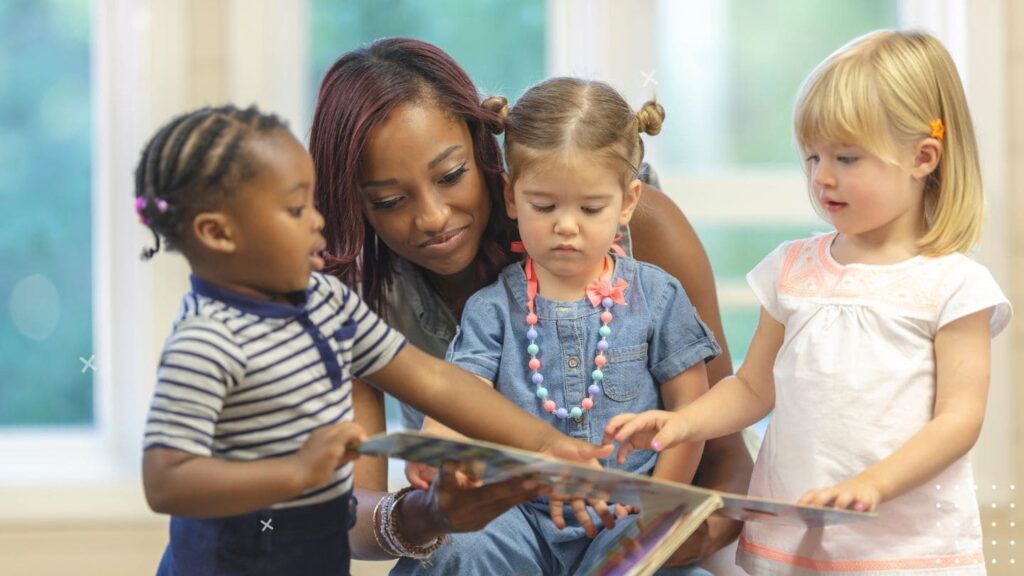
Signs Your Child Is Ready for Preschool
Figuring out if your little one is ready for preschool is like being a detective – you’ve got to look for clues. Here are some telltale signs that your child might be ready to trade in their play mat for a classroom:
- Independence: Can they use the bathroom mostly on their own? Are they starting to dress themselves?
- Social skills: Do they play well with others and share (at least sometimes)?
- Communication: Can they express their needs and understand simple instructions?
- Emotional readiness: Can they handle being away from you for a few hours?
- Physical stamina: Can they keep up with a structured day without needing a nap?
- Curiosity: Do they show interest in learning new things?
Remember, readiness isn’t about ticking all these boxes. It’s more like making a smoothie – a good mix of different ingredients can create something wonderful.
Here’s a handy table to help you assess your child’s readiness:
| Skill Area | Signs of Readiness | Still Developing |
|---|---|---|
| Independence | Uses bathroom with minimal help | Needs significant assistance with toileting |
| Social | Plays cooperatively with others | Prefers solitary play only |
| Communication | Speaks in short sentences | Uses single words or gestures only |
| Emotional | Separates from parents without major distress | Has severe separation anxiety |
| Physical | Can focus on activities for 10-15 minutes | Has very short attention span |
| Cognitive | Shows interest in letters, numbers, or shapes | Shows no interest in pre-academic concepts |
Next steps: Observe your child over the next few weeks. Keep a journal of their behaviors and skills, noting areas where they shine and areas that might need a little more time to develop.
The 8 Astonishing Benefits of Early Education
1. Enhanced Social Skills
Preschool is like a social skills boot camp, but with more glitter and fewer push-ups. It’s where kids learn the art of making friends, sharing toys, and navigating the complex world of playground politics.
In preschool, children learn to:
- Take turns
- Share resources
- Resolve conflicts
- Empathize with others
- Work as part of a team
These skills are the building blocks for future relationships, both personal and professional. Think of it as investing in your child’s social stock market – the dividends will pay off for years to come.
Next steps: Arrange playdates or join parent-child groups to give your little one practice in social situations before starting preschool.
2. Improved Language Development
Preschool is a language explosion waiting to happen. It’s like tossing your child into a word soup – they come out speaking a whole new language of learning.
In a preschool environment, kids are exposed to:
- Rich vocabulary from teachers and peers
- Songs, rhymes, and stories that build language skills
- Conversations that encourage verbal expression
- Questions that promote critical thinking
This linguistic buffet helps children develop stronger communication skills, setting them up for success in reading and writing later on.
Next steps: Engage your child in daily conversations about their interests. Read stories together and encourage them to retell the tales in their own words.
3. Cognitive Growth and Problem-Solving Skills
Preschool is a gym for the brain, where little minds flex their cognitive muscles. Through play and structured activities, preschoolers develop crucial thinking skills that will serve them well throughout their lives.
Key cognitive skills developed in preschool include:
- Pattern recognition
- Cause and effect understanding
- Logical reasoning
- Memory and recall
- Creative thinking
These skills are like cognitive Swiss Army knives – versatile tools that children can use to tackle all sorts of challenges as they grow.
Next steps: Introduce simple puzzles and games at home that encourage problem-solving. Ask your child open-ended questions about their day to promote critical thinking.
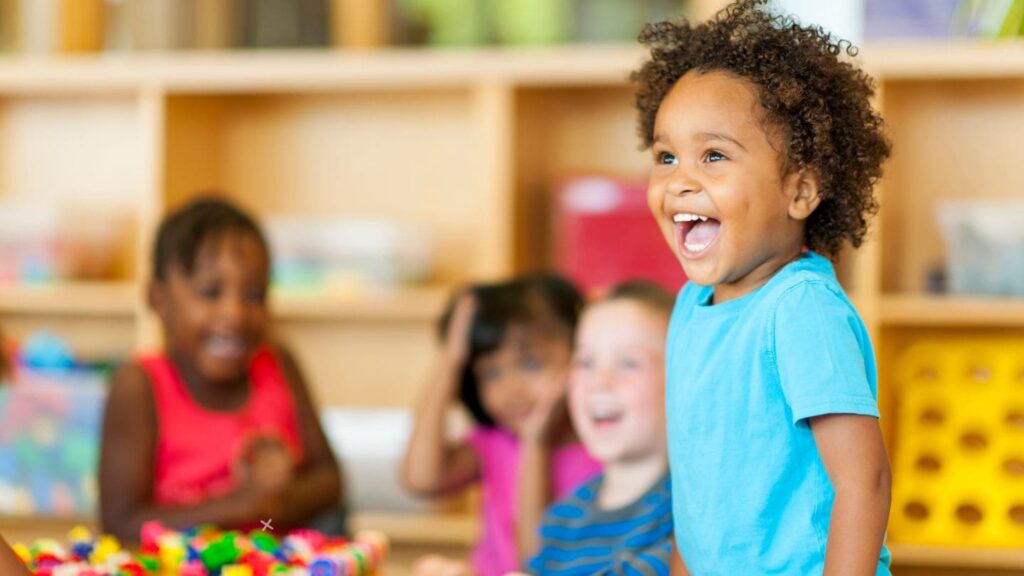
4. Early Math and Literacy Foundations
Preschool lays the groundwork for academic success by introducing basic math and literacy concepts in a fun, engaging way. It’s like planting seeds of knowledge that will grow into mighty oaks of learning.
Early math skills introduced in preschool:
- Counting and number recognition
- Basic addition and subtraction
- Shape identification
- Sorting and classifying objects
Early literacy skills developed in preschool:
- Letter recognition
- Phonemic awareness
- Print awareness
- Storytelling and comprehension
These foundational skills give children a head start when they enter formal schooling, boosting their confidence and enthusiasm for learning.
Next steps: Incorporate counting into daily activities, like setting the table or sorting laundry. Point out letters and words in the environment to build literacy awareness.
5. Development of Independence and Self-Confidence
Preschool is a launchpad for independence. It’s where kids learn to spread their wings and fly – even if it’s just across the classroom to get a crayon.
In preschool, children learn to:
- Make choices
- Solve problems independently
- Take care of personal needs
- Express opinions and preferences
- Take pride in accomplishments
This newfound independence boosts self-confidence, creating a positive cycle of growth and learning.
Next steps: Encourage independence at home by letting your child make age-appropriate choices and complete simple tasks on their own.
6. Improved Motor Skills
Preschool is like a playground for developing bodies. It offers a smorgasbord of activities that help children refine both their fine and gross motor skills.
Fine motor skills developed in preschool:
- Holding pencils and crayons
- Using scissors
- Manipulating small objects
- Buttoning and zipping
Gross motor skills enhanced in preschool:
- Running and jumping
- Climbing
- Throwing and catching
- Balancing
These physical skills are crucial for everything from writing to sports, setting the stage for a lifetime of physical competence.
Next steps: Provide opportunities for physical play at home. Offer art supplies to practice fine motor skills and encourage outdoor play for gross motor development.
7. Structured Learning Environment
Preschool introduces children to the concept of a structured learning environment. It’s like a gentle on-ramp to the highway of formal education.
Benefits of a structured learning environment:
- Establishes routines and expectations
- Teaches time management
- Promotes self-regulation
- Fosters a love for learning
- Prepares for future academic settings
This structure helps children feel secure and confident, knowing what to expect from their day and what’s expected of them.
Next steps: Create a simple daily routine at home to help your child get used to structure. Include set times for meals, play, and quiet activities.
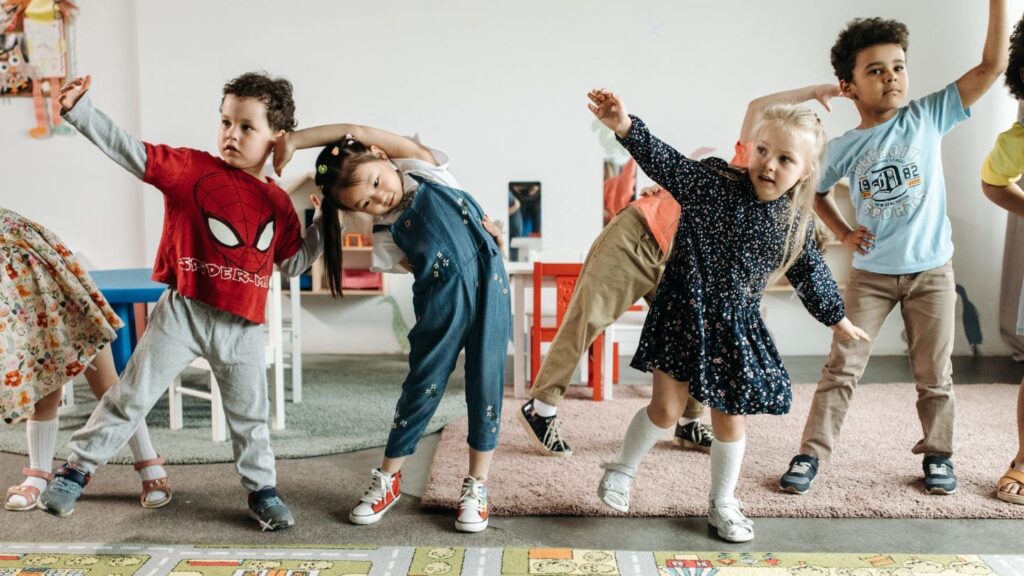
8. Smoother Transition to Kindergarten
Preschool is like a dress rehearsal for “big kid” school. It gives children a sneak peek at what’s to come, making the leap to kindergarten less daunting.
Ways preschool eases the transition to kindergarten:
- Familiarity with classroom routines
- Experience with following instructions
- Exposure to basic academic concepts
- Practice in social interactions with peers and adults
- Development of school-readiness skills
Children who attend preschool often enter kindergarten with more confidence and enthusiasm, ready to take on new challenges.
Next steps: Talk positively about school and learning. Visit your local elementary school if possible to familiarize your child with the environment.
Potential Drawbacks of Starting Preschool Too Early
While preschool offers numerous benefits, starting too early can sometimes be like trying to run before you can walk. It’s important to consider your child’s individual needs and readiness.
Potential concerns include:
- Separation anxiety
- Emotional overwhelm
- Physical fatigue
- Difficulty following structured routines
Remember, there’s no prize for being the first to start preschool. The goal is to ensure your child has a positive, enriching experience when they do begin.
Next steps: If you’re unsure about your child’s readiness, consider a gradual introduction to preschool. Many programs offer part-time options or trial periods.
Alternative Options to Traditional Preschool
Not all roads to early education look the same. There are several alternatives to traditional preschool that might better suit your family’s needs and your child’s learning style.
| Option | Description | Benefits | Considerations |
|---|---|---|---|
| Home-based Preschool | Small groups in a home setting | Intimate environment, flexible schedule | Limited social interaction |
| Montessori Programs | Child-led learning approach | Fosters independence, hands-on learning | May not suit all learning styles |
| Waldorf Education | Emphasis on creativity and imagination | Holistic development, nature-focused | Less academic focus |
| Cooperative Preschool | Parent-involved programs | Strong community, cost-effective | Requires significant parental time commitment |
Next steps: Research different early education philosophies and visit various types of programs to see which feels like the best fit for your child.
Understanding Different Types of Preschool Programs
When asking “What age do kids start preschool?”, it’s crucial to understand that not all preschools are created equal. Different programs cater to various age groups and developmental stages. Let’s explore some common types of preschool programs:
- Toddler Programs (Ages 2-3) These programs focus on basic social skills, sensory exploration, and early language development. Activities might include:
- Finger painting and playdough play
- Simple puzzles and shape sorters
- Circle time with songs and stories
- Outdoor play to develop gross motor skills
- Pre-K Programs (Ages 3-4) These programs introduce more structured learning while maintaining a play-based approach. Typical activities include:
- Letter and number recognition games
- Basic counting and sorting exercises
- Dramatic play areas (like pretend kitchens or dress-up corners)
- Simple science experiments (like growing plants or observing weather)
- Transitional Kindergarten (Ages 4-5) Designed for children just missing the kindergarten cut-off date, these programs offer:
- More advanced pre-reading and pre-math skills
- Introduction to basic writing
- Collaborative projects to enhance social skills
- Field trips to expand real-world knowledge
- Mixed-Age Programs Some preschools combine different age groups, which can have unique benefits:
- Younger children learn from older peers
- Older children develop leadership and empathy skills
- Siblings can often attend together
Understanding these options can help you choose a program that aligns with your child’s age and developmental stage when you’re deciding what age your kid should start preschool.
Next steps: Research the types of programs available in your area. Consider your child’s personality and learning style when exploring different program structures.
How to Choose the Right Preschool for Your Child
Choosing a preschool is like finding the perfect pair of shoes – it needs to fit just right. Here are some factors to consider:
- Teaching philosophy
- Curriculum and activities
- Teacher qualifications and experience
- Student-to-teacher ratio
- Facility safety and cleanliness
- Communication with parents
- Schedule and hours
- Cost and financial aid options
Next steps: Make a list of your top priorities for a preschool. Schedule visits to your top choices and bring a list of questions to ask during your tour.
Preparing Your Child for Preschool
Getting ready for preschool is like packing for a big adventure. Here are some ways to help your child prepare:
- Talk positively about preschool
- Practice self-help skills (using the bathroom, putting on shoes)
- Read books about starting school
- Visit the preschool together before the first day
- Establish a consistent routine at home
- Encourage independence in small tasks
- Arrange playdates to build social skills
Next steps: Create a countdown calendar to the first day of preschool. Make it a fun, exciting event to look forward to.
Addressing Common Preschool Challenges
As parents contemplate “What age do kids start preschool?”, it’s important to be prepared for potential challenges. Here are some common issues that may arise and strategies to address them:
- Separation Anxiety
- Challenge: Child becomes upset or clingy at drop-off
- Strategies:
- Create a consistent goodbye routine
- Use a comfort object from home
- Start with shorter days and gradually increase
- Collaborate with teachers on transition strategies
- Difficulty with Routines
- Challenge: Child struggles to follow classroom schedule
- Strategies:
- Establish similar routines at home
- Use visual schedules to help child understand daily flow
- Practice transitions between activities
- Communicate with teachers about successful home strategies
- Social Conflicts
- Challenge: Issues with sharing or playing cooperatively
- Strategies:
- Role-play social scenarios at home
- Read books about friendship and cooperation
- Encourage playdates to practice social skills
- Work with teachers to reinforce positive behaviors
- Bathroom Accidents
- Challenge: Child has toileting issues at school
- Strategies:
- Ensure child can manage clothing independently
- Practice using unfamiliar bathrooms
- Pack extra clothes and discuss accident protocol
- Maintain open communication with teachers about concerns
- Resistance to Participation
- Challenge: Child refuses to join in activities
- Strategies:
- Discuss school activities to build interest
- Allow child to observe before joining in
- Celebrate small steps in participation
- Explore reasons for resistance with child and teachers
- Naptime Struggles
- Challenge: Difficulty adjusting to preschool nap routines
- Strategies:
- Adjust home sleep schedule to match school
- Provide familiar comfort items for naptime
- Practice quiet time at home
- Discuss alternatives with teachers for children who don’t nap
Remember, these challenges are normal parts of the preschool adjustment process. With patience, consistency, and cooperation between parents and teachers, most children adapt successfully to the preschool environment.
Next steps: Before starting preschool, discuss potential challenges with your child’s future teachers. Develop a plan together for addressing issues that may arise.
Conclusion
In conclusion, the question “What age do kids start preschool?” doesn’t have a one-size-fits-all answer. It’s about finding the right time for your child, considering their individual development and your family’s needs. Preschool offers a wealth of benefits, from social skills to cognitive growth, setting the stage for a lifetime of learning. Whether your little one is raring to go at 2.5 or taking their time until 5, the preschool adventure is a exciting step in their educational journey. So take a deep breath, trust your instincts, and get ready to watch your child bloom in the garden of early education.
FAQ – What Age Do Kids Start Preschool
What’s the difference between daycare and preschool?
Daycare primarily focuses on child care, while preschool offers a structured learning environment with educational goals. Preschools typically have a curriculum designed to prepare children for kindergarten, including activities that develop cognitive, social, and motor skills. Daycare centers may incorporate some educational elements, but their main purpose is to provide supervision and care while parents work.
How can I help my child with separation anxiety?
Separation anxiety is common when starting preschool. To help, establish a goodbye routine that’s short and positive. This might include a special handshake or a “see you later” phrase. Reassure your child that you’ll return, and consider leaving a family photo or comfort object with them. Gradually increase the time your child spends away from you before preschool starts. Most importantly, stay calm and confident during drop-offs, as children often pick up on parent’s emotions.
What should I look for in a high-quality preschool program?
A high-quality preschool program should have:
- Qualified, experienced teachers
- A low student-to-teacher ratio
- A clean, safe, and stimulating environment
- A curriculum that balances play and learning
- Positive interactions between staff and children
- Clear communication with parents
- Accreditation from a recognized early childhood organization
Visit potential preschools and observe how the children and teachers interact. Trust your instincts – a good preschool should feel welcoming and engaging.
How can I reinforce preschool learning at home?
Reinforcing preschool learning at home can be fun and natural. Read together daily, pointing out letters and discussing stories. Incorporate counting into everyday activities like setting the table or sorting laundry. Encourage creativity with art projects. Practice social skills through family game nights. Most importantly, show interest in what your child is learning at preschool and provide opportunities to apply these skills in daily life.
Is my child ready for preschool if they’re not potty trained?
Potty training requirements vary among preschools. Some require children to be fully trained, while others assist with the process. If your child isn’t fully potty trained, look for preschools that accommodate this. Many programs for younger preschoolers (around age 2-3) expect that some children may still be in the process of potty training. Communicate openly with potential preschools about your child’s potty training status and their policies.
By addressing these common questions, parents can feel more confident in navigating the preschool journey. Remember, every child is unique, and what works for one may not work for another. Trust your instincts, stay informed, and choose the path that best suits your child and family.
